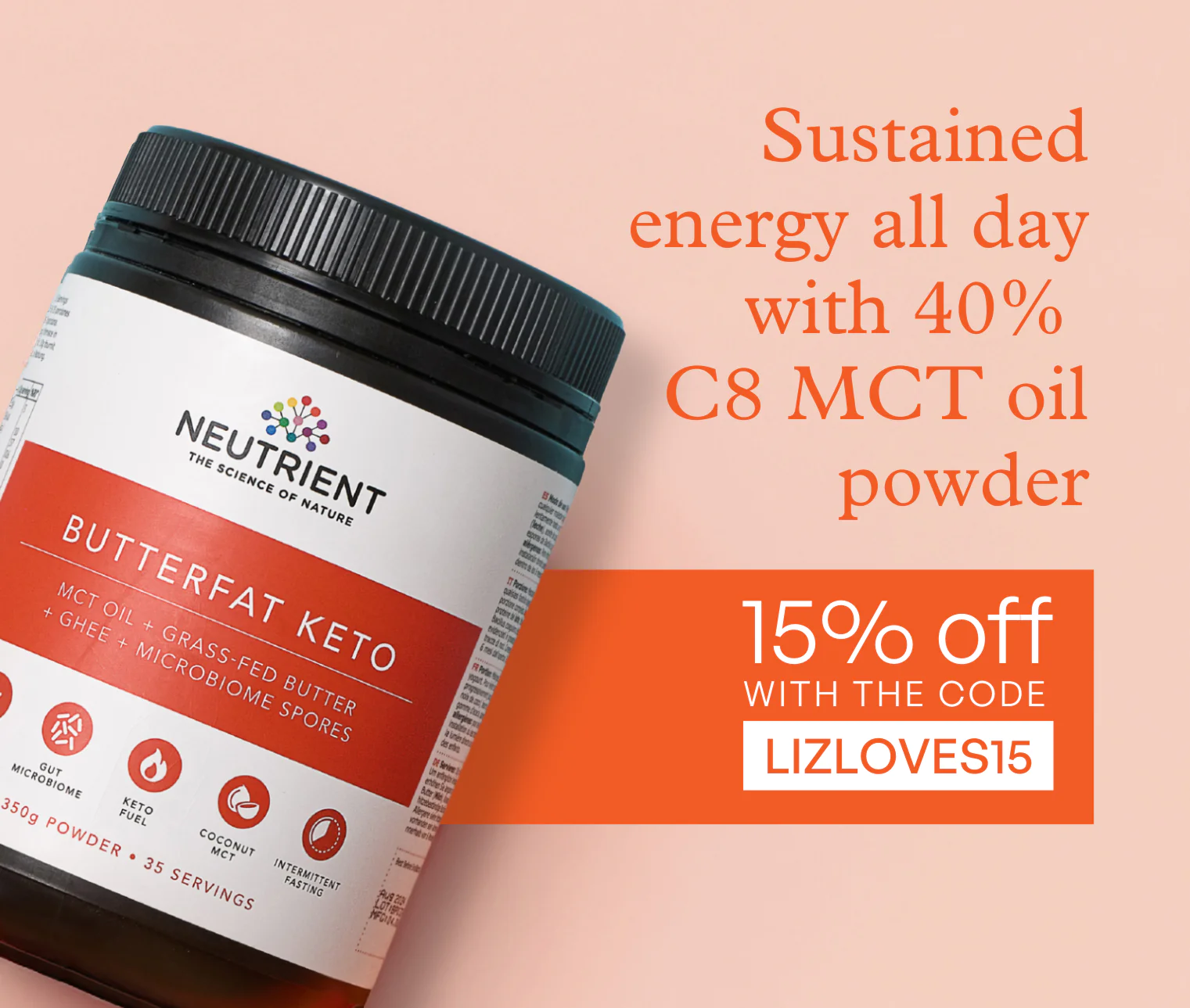The Menopause
Menopause and hair loss – what you need to know
If you’ve noticed more hairs than usual coming out in your hairbrush, or that your hair is thinner than it used to be, you’re not alone. Hair loss is a common condition, thought to affect half of women after menopause.
Below, we’ll discover why hormonal changes leave us more vulnerable to losing our locks, as well as expert-approved strategies for restoring hair density and confidence.
Menopause and hair loss
Menopause can have a significant impact on the health of our hair because hair growth cycles are regulated by our hormones, says trichologist, Dr Anabel Kingsley. “Oestrogen is a hair-supportive hormone that helps to keep strands in their growth phase,” she explains. “Testosterone, on the other hand, is the catalyst for female-pattern hair loss.”
Any time there is a flux in oestrogen and testosterone, or a disruption to the balance of hormones, we’re likely to see changes in our hair, she adds. “This can happen at puberty (when testosterone and oestrogen are first produced), pregnancy (when oestrogen levels are very high) and menopause.”
During menopause, our ovaries gradually stop releasing eggs and levels of oestrogen fluctuate and fall. This leaves us vulnerable to both increased hair shedding and female pattern hair loss, says Dr Kingsley.
We might also notice changes to the texture of our hair during this transition, says trichologist, Dr Jane Mayhead. “During menopause, the scalp secretes less oil which can leave hair looking more dry, brittle and lacklustre.”
Types of hair loss
Women are particularly vulnerable to two main types of hair loss during menopause: female-pattern hair loss and telogen effluvium.
Female-pattern hair loss
Female-pattern hair loss, also known as androgenetic alopecia, is a genetic condition characterised by thinning hair along the hairline and crown of the head, leaving the scalp more visible.
This is generally not due to hair shedding, Dr Mayhead explains, but rather because the diameter of each strand of hair gets smaller and finer, contributing to less hair density.
“While testosterone levels don’t rise [during menopause], the percentage of testosterone in relation to oestrogen increases, which means our hair follicles have a more testosterone-dominant environment to contend with,” Dr Kingsley explains “If we have a genetic predisposition, we will likely notice hair becoming finer, shorter and more fragile, as well as our parting becoming wider.”
Telogen effluvium
While androgenetic alopecia tends to affect the hairline and crown of the head, telogen effluvium is characterised by a diffuse loss of hair from all over the scalp.
“You may notice when you’re washing and brushing your hair that it’s coming out in your hands,” says Dr Mayhead.
“While immensely distressing when it’s occurring, this type of hair loss is not permanent – it resolves once the underlying cause goes away,” Dr Kingsley adds. “With menopause, hair shedding usually slows once hormone levels stabilise.”
What causes hair loss?
While hormones can contribute to hair loss and thinning in midlife, the experts agree that it’s important to consider other factors, including our genetics, diet and lifestyle.
Ageing
Changes to hair and scalp health are a natural part of the ageing process, says Dr Kingsley: “Just as we don’t have the same skin quality when we’re older, the quality of our hair fibre, and our scalp (which houses our follicles) deteriorates. Hairs may become more brittle and there is a natural shortening of the growth phase.”
Genetics
We know that female-pattern hair loss is caused by a genetic predisposition to normal levels of circulating testosterone, says Dr Kingsley. But even if we’re not affected by this type of hair loss, our genes will inform the health and density of our hair: “In the same way that some people get wrinkles and skin laxity sooner than others, the rate and onset of hair ageing varies,” she explains.
Stress
Research shows women with high stress levels are up to 11 times more likely to experience hair loss. This is because stress can disrupt our hormones (and hair growth cycles), as well as throw off our appetite and hinder the absorption of hair-healthy nutrients, says Dr Kingsley.
“Stress can also increase oxidative stress and inflammation which can have a negative impact on hair growth and scalp health,” she adds.
Diet
The research is clear that any vitamin or mineral deficiency can worsen hair loss. If we’ve experienced heavy periods during perimenopause, this may have impacted our iron or ferritin (stored iron) levels which can have a dramatic impact on hair growth, says Dr Kingsley. Other common deficiencies that can manifest as hair loss are a lack of vitamin D, vitamin B12 and protein.
Hair loss treatments
If we’re suffering from hair loss, both experts agree that it’s important to seek early help from a trichologist who can diagnose the type of hair loss and prescribe the most appropriate treatment.
“Topical prescription therapies such as minoxidil, finasteride and anti-androgen therapy are effective treatments for hair thinning,” says Dr Mayhead. “They are also extremely cost effective.”
In-clinic treatments that support scalp health can also be beneficial, she adds. Calecim, for example, involves applying a high-potency cocktail of proteins and growth factors to the scalp, followed by a micro-needling treatment to aid absorption.
“Supplements can also do a world of good, but only if your hair issues are fully or in part due to a nutritional factors,” says Dr Kingsley.
With any treatment, it’s important to be patient and wait between three to nine months for results due to the natural length of the hair-growth cycle.
Hair loss essentials
Altrient Liposomal Vitamin C
In a 12-week study, this high-dose vitamin C supplement was found to reduce hair thinning and increase new hair strands in 87% of the women studied. Use code LIZLOVES for 10% off.
Youth & Earth Spermidine
Spermidine is one of Liz’s favourite longevity supplements and a number of clinical studies suggest this nutrient may also help to promote hair growth and reduce hair loss. This is thanks to its ability to prolong the growth phase and protect hair follicles from oxidative damage. Use code LIZLOVES for 20% off.
HigherDOSE Red Light Therapy Hat
Revitalize your scalp and support healthy hair growth with the power of 650nm red light. It works by stimulating blood flow to the scalp so more oxygen and nutrients can reach hungry hair follicles.
Philip Kingsley Density Preserving Scalp Foam
This volumising foam adds oomph to thinning locks and is infused with trichologist-approved hair growth actives.
Scandinavian BioLabs Bio-Plixin® Activation Serum
Plant growth factors are the star ingredient in this scalp serum that encourages hair growth by stimulating blood flow to the scalp. It’s been clinically proven to deliver results in as little as 45 days.
Loved this? Read more here:
Please note, on some occasions, we earn revenue if you click the links and buy the products, but we never allow this to bias our coverage and always honestly review. For more information please read our Affiliate Policy.









